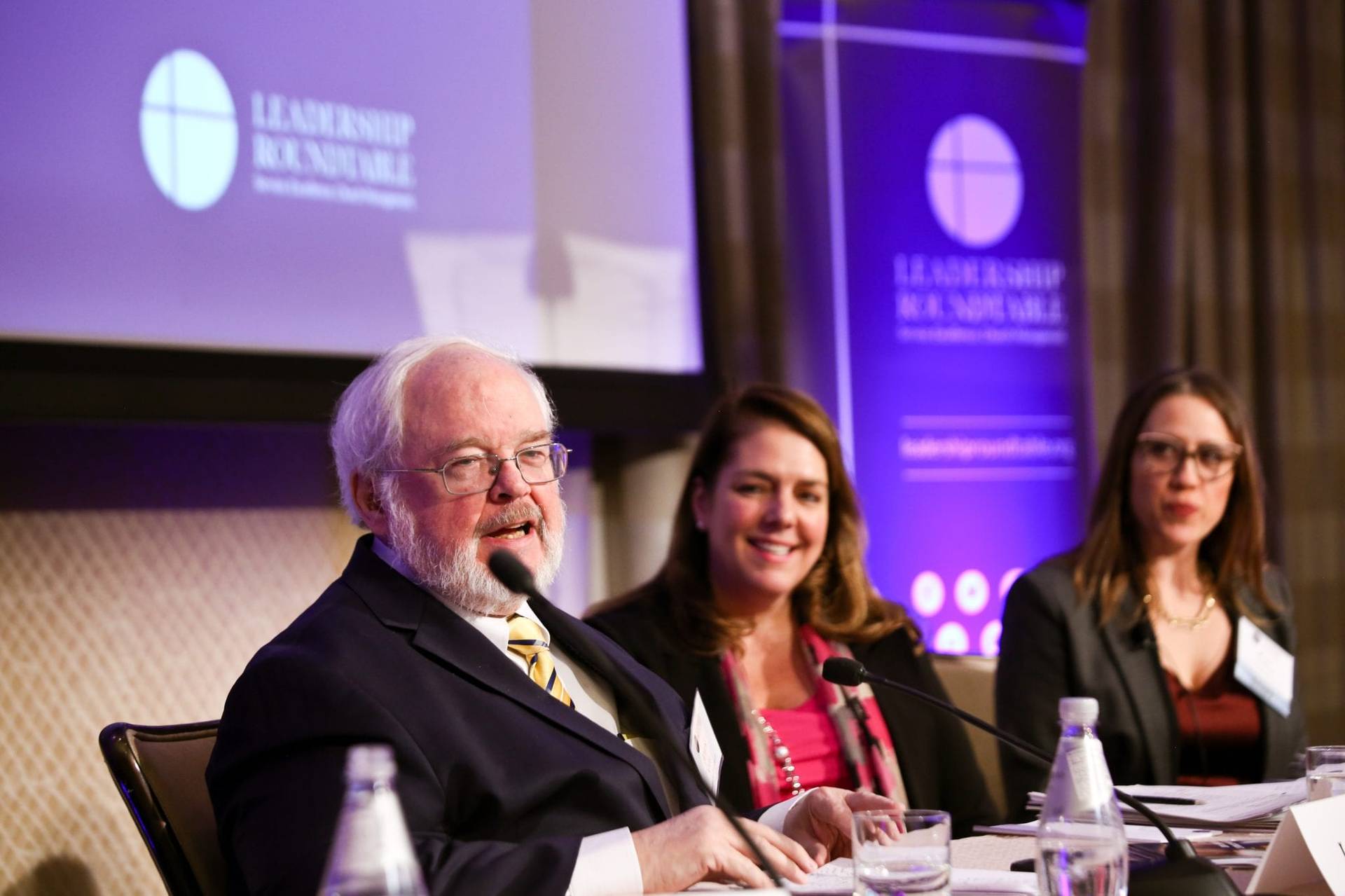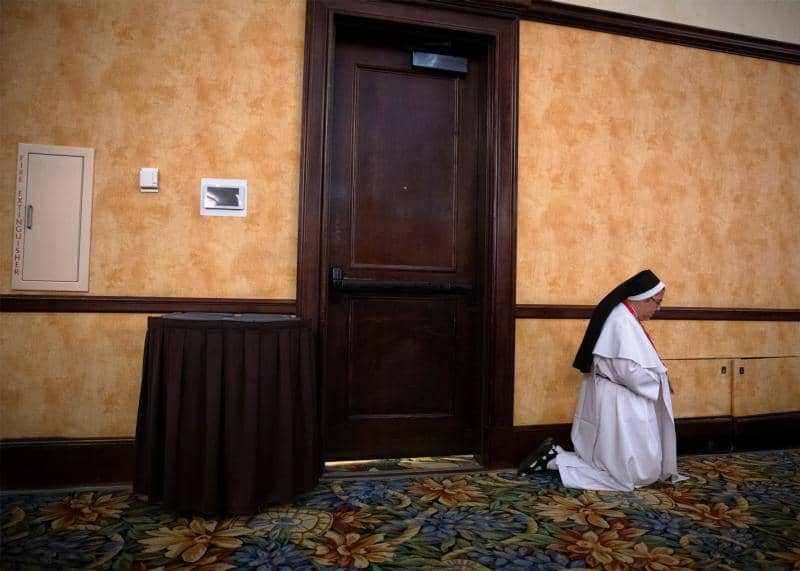[Editor’s note: This is part two of Inés San Martín’s interview with Archbishop Charles Scicluna of Malta, one of the Church’s leading reformers on the issue of clerical sexual abuse. Part one appeared on Friday.]
ROME – Archbishop Charles Scicluna of Malta, perhaps one of the most respected members of the Catholic Church’s hierarchy when it comes to addressing clerical sexual abuse, believes it’s possible there are other cases like that of Theodore McCarrick, who was removed from the clerical state Saturday after the Vatican found him guilty of multiple crimes of a sexual nature.
“If we haven’t found them yet, it means that we don’t know where they are,” Scicluna told Crux Thursday. “I think that cases where instead of stewardship we bishops offer a poisoned chalice, should be disclosed and addressed immediately as a matter of urgency.”
Tapped by Pope Francis to lead a Vatican investigation of a massive abuse crisis in the Catholic Church in Chile, the Maltese prelate also said that work is “constantly being done” in the “Pandora’s box” that probe opened, but he acknowledged he’s not in charge of the clean-up.
Scicluna spoke with Crux on Thursday, ahead of a summit called by Francis for Feb. 21-24 to address the matter of protection of children and before McCarrick’s conviction. What follows are excerpts of that conversation.
Without getting into the details of the case, can we say there are other McCarricks?
If we haven’t found them yet, it means that we don’t know where they are. I think that cases where instead of stewardship we bishops offer a poisoned chalice, should be disclosed and addressed immediately as a matter of urgency.
There’s been a lot of talk leading to the meeting on whether we need a change in canon law to address bishop accountability. Can you help us put that debate to rest?
I think the principle of accountability is a part of the mission of a bishop. When he receives a mission, he’s a part of a college, accountable to God, the other bishops and certainly to the Holy Father. He’s also accountable to the people. I think that there’s so much scriptural wisdom about this, that this is a non-negotiable point… I think our challenge today is to understand how we need to be stewards in communion, with each other and our people.
Structures are important, but what we need on a radical basis, is the right motivation. We must move from any temptation of considering the bishop like being a monarch, to being a co-servant, a servant with others.
I like the phrase of the New Testament in which the apostle calls himself a friend, a cooperator of the joy of his people. We’re friends, we’re cooperating with you that you might find joy in the Lord. That’s also an expression of the beauty of being a steward together with your people and for your people. Somebody needs to lead, but this is a service. You serve together with other people.
Learning to be a bishop since 2012, first as an auxiliary, and in the past four years as an archbishop, I convince myself every single day that I can’t do it on my own. We need to do it together. What we’re trying to do is not our own mission, but the mission entrusted to us by Jesus Christ. Guaranteeing the safety of our kids is essential. The Lord says, ‘Let the children come to me, don’t hinder them.’ [Protecting minors from abuse] is a way of guaranteeing that his words come true in every generation.
Another aspect which needs to develop is that we need to move away from any perception that a bishop who offends is going to be treated either leniently or enjoy some sort of impunity. That’s a counter-witness which is totally against the Gospel. If there’s a criterion in the Gospel, it’s when Jesus tells Peter the more that’s been given, the more will be asked. The standard should be higher.
I note that I’m talking about myself! I am, first of all, declared unworthy, in the sacred words of the Eucharist, because this is what the Church teaches me to pray. When I refer to myself in Mass, after mentioning the pope, I say, “And me, your unworthy servant.”
Apart from that, we need to realize that us bishops are held to a higher standard and that we’re accountable for our conduct.
When the McCarrick thing arose, a lot of people said “everyone knew,” and others asked “how did he get as far as he did without anyone seeing anything, hearing anything, doing anything?” Will the people who knew be held accountable?
I don’t have the answer for that question. I would admit that it’s a legitimate question. But… can a person manipulate the system to such a state that he can actually survive a minefield of rumors? This is a fundamental question, which fortunately enough, does not belong to the competence of the CDF.
There’s been reporting about the lifting of penalties against some priests who had been removed from the clerical state but then returned or had their penalties softened. Is there any truth to those reports?
There are instances when, on the level of review, the penalties are revised. But this is done in a case-by-case basis, and there’s a motivation for it. That’s why there’s a second instance, like a court of appeals. This is something that belongs to civilization. Once you’re condemned and punished, you have one instance of recourse.
But what needs to be said is that no decision would ever put minors at risk. Whatever the outcome, the fundamental policy dictated and prophetically expressed by St. John Paul II on the 23 of April 2002, when he addressed the U.S. cardinals saying there’s no place in the priesthood or religious life for anyone who would harm the young, is a principle that holds.
Can you give us an update on what’s going on in Chile?
I know that we opened a Pandora’s box. There are a number of cases that are being reviewed. The material that was given to us during those two missions in Chile is huge, and every case needs to be studied on its own merits and given due process.
I think there are signs of hope, including this “Listening service” opened by the Chilean bishops is an important service, run by people who merit trust and who are competent. This is a very important sign of hope for the Church in Chile.
I think awareness brings responsibility and confronting the truth tends to be traumatic, but only the truth will set us free. And that is my best hope and prayer for Chile. A country blessed by saints, such as Alberto Hurtado, and Teresa de los Andes, and Francisco Valdez … I pray to them often.
Many in Chile are frustrated because they see bishops who saw their resignations accepted, but there’s been no follow-up. Is something being done that we don’t know about yet?
Work is being done constantly on them. One of the things I’m sure you know is that the Holy See would never give the reason as to why the pope accepted a resignation.
We all expect to know what happened with McCarrick. Why not the same for the Chilean bishops? Are they not big enough? Do Chileans not have enough money to make sufficient noise so that the Vatican is compelled to be transparent?
I’m not aware of any processes, but that’s because I don’t follow every single case. I don’t have information to either confirm or deny. I opened the lid, but other people will have to clean up the mess.













